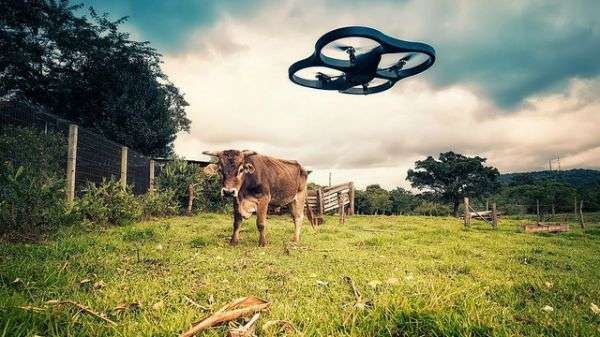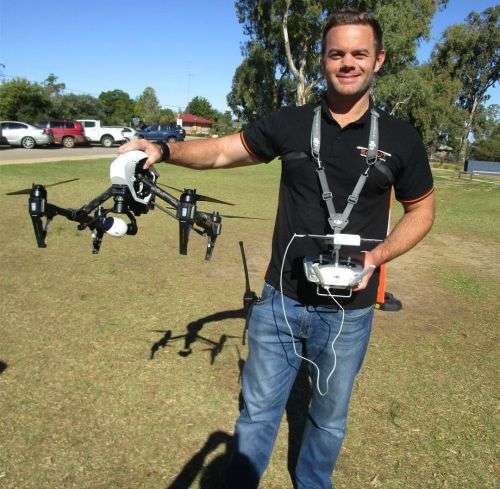Wheatbelt forum sparks science interests

Australia's rural school children are consistently out-performed in the academic world of science by students living in cities, according to global tests such as the International Students Assessment (PISA).
However, one passionate science teacher is attempting to change all that.
In a ground-breaking experiment, science consultant Velu Ramasamy, in collaboration with the Wheatbelt Schools Network, has brought the fascinating world of science out to the Wheatbelt to inspire rural children to take the next step in secondary and tertiary science studies.
Mr Ramasamy, who spearheaded the first Wheatbelt Science Forum organised through the Inland Lighthouse Network, believes children in rural WA need more support and opportunities in the field of science studies.
"And yet when they step out of their classrooms Wheatbelt students have an amazing opportunity to study flora and fauna in one of the hottest biodiversity regions in the world," he says.
The forum, which attracted 600 people from across the region, including 450 students, was held in Wongan Hills in July.
Presenters at the forum included biodiversity experts, animal biology researchers, landcare facilitators, agricultural specialists, and former WA Chief Scientist Professor Lyn Beazley AO.
According to Mr Ramasamy, the students were captivated by all of the workshops, including one by Scout Aerial managing director and drone technology expert Patrick Weeden.

"Drone technology is already used in many different industries, and it is very relevant to the Wheatbelt, since it is used extensively in agriculture," he says.
Drones are already an important tool for Australian farmers.
"The students were also fascinated by discussions about microorganisms in the soils," he says.
"Now when they look at their backyard they can see everything with a different lens, and have a better understanding of the world around them."
Mr Ramasamy believes the work being done to increase opportunities for students to enjoy science in rural WA is already paying dividends.
"The issue of rural students having less opportunities in the field of science is widely documented, but we are now starting to see a difference in school engagement and results," he says.
"Having an understanding of science is crucial. If you look at it, science is linked to many industries, such as the computers, engineering, research, and medicine; there is science in all of them.
"We need to ensure all our school students have the opportunity engage and enjoy this incredible field of study."
Provided by Science Network WA
This article first appeared on ScienceNetwork Western Australia a science news website based at Scitech.



















